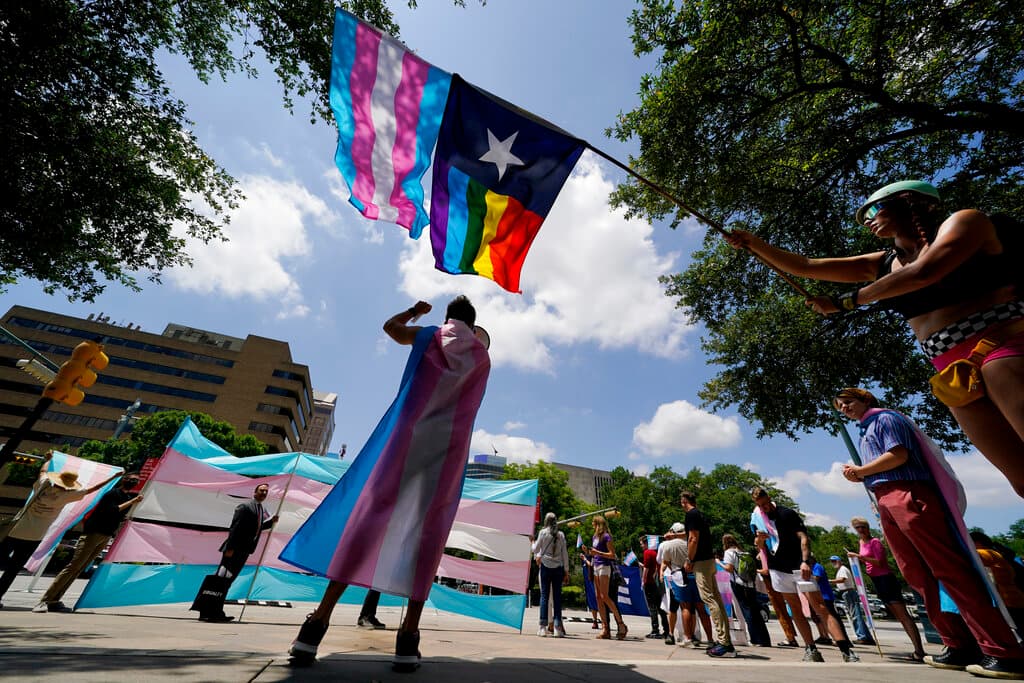Texas Supreme Court Says Judges With ‘Sincerely Held’ Religious Beliefs on the Topic Can Decline To Officiate Same-Sex Weddings
The decision comes as the U.S. Supreme Court is scheduled to decide whether to review a case seeking to overturn its decision legalizing same-sex marriage.

Judges in Texas can now refuse to perform same-sex marriages if they have “sincerely held religious beliefs” opposing the practice, the state’s supreme court has ruled.
The decision comes as the U.S. Supreme Court is expected to decide whether to hear a challenge to the landmark 2015 Obergefell v. Hodges decision that legalized same-sex marriages in America.
In a short decision this week, the Supreme Court of Texas updated its Code of Judicial Conduct to state: “It is not a violation of these canons for a judge to publicly refrain from performing a wedding ceremony based upon a sincerely held religious belief.”
The change lifts the threat of judges being sanctioned for violating the state’s rules on judicial impartiality.
The decision by Texas’s highest court resolves a lawsuit brought by a county judge in Jack County, Brian Umphress, who has refused to officiate same-sex weddings.
Judge Umphress has not been sanctioned by Texas’s Commission on Judicial Conduct. However, he filed his lawsuit in April after the commission issued a warning to a different judge, Dianne Hensley, who also refused to officiate same-sex weddings. The commission said that Judge Hensley was violating Texas’s impartiality requirements.
Judge Hensley, who hears small claims and misdemeanor cases, sued the commission for allegedly violating her religious rights. The commission eventually rescinded its warning.
Judge Umphress’s lawsuit led the United States Court of Appeals for the Fifth Circuit to ask the Supreme Court of Texas to clarify whether refusing to officiate same-sex marriages due to religious beliefs violates the state’s laws.
An attorney for the Commission on Judicial Conduct, Douglas Lang, told KERA News that he does not believe the court’s decision actually answers the question. “We’ve suggested in our briefs what we think they oughta say, but that’s what makes an appeal,” Mr. Lang said.
In a statement, a lawyer who represented Judge Hensley, Hiram Sasser, celebrated the Texas Supreme Court’s decision.
“Now going forward, every judge in Texas will enjoy the freedom Judge Hensley has fought so hard for in her case,” Mr. Sasser said. “As for her case specifically, this amendment melts away the reasons the Commission relied on to punish Judge Hensley.”
The U.S. Supreme Court is expected to consider whether to take up a challenge to Obergefell next month. Justices typically hold at least two private conferences before deciding whether to take up a case. The first is scheduled for November 7.

